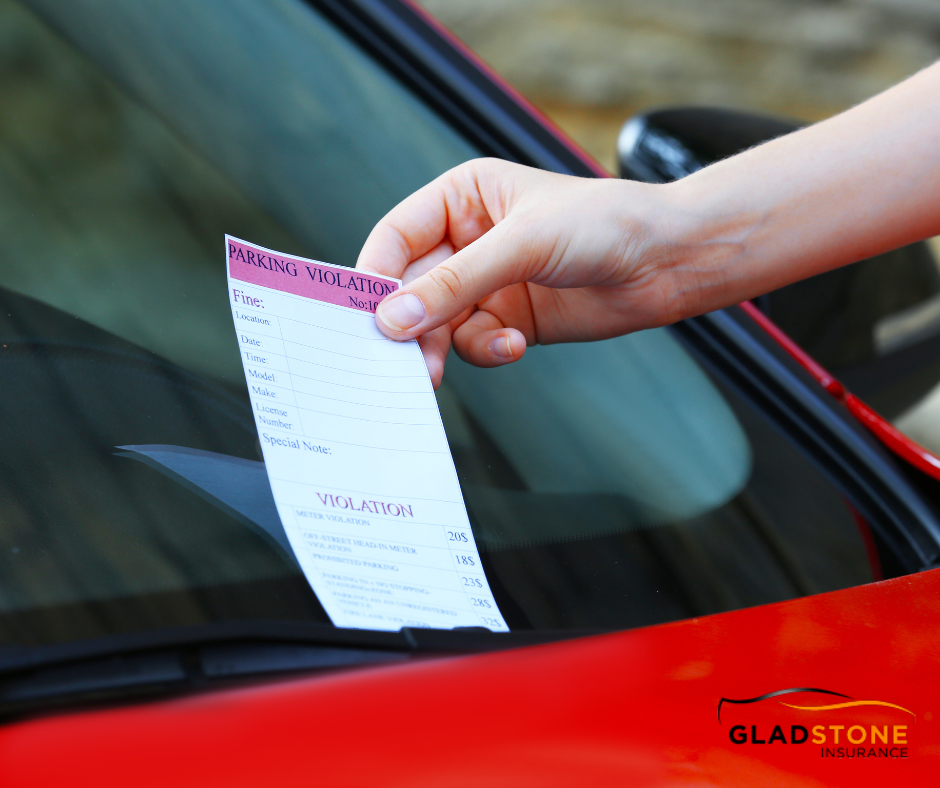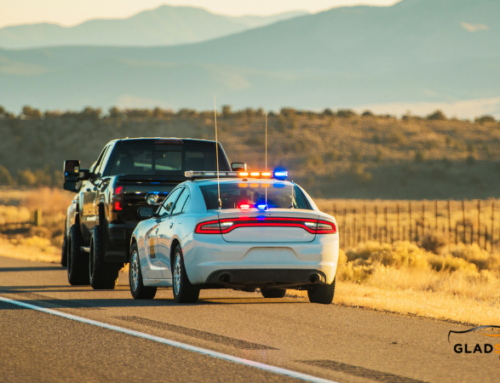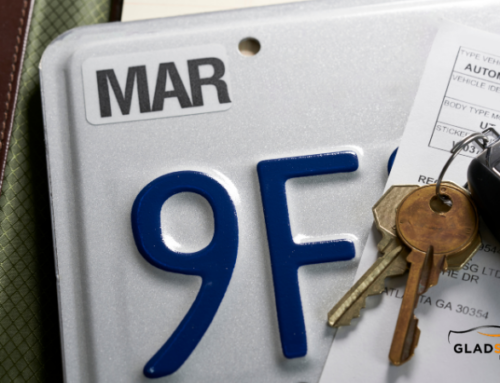Very few drivers in California haven’t received at least one traffic ticket. In most cases, the driver sputters a little bit, pays the fine, and moves on with their life. However, some California drivers have racked up lots of parking tickets.
Parking tickets can have various effects on your driving in California, although they primarily relate to financial consequences rather than affecting your actual driving privileges. Here’s what you need to know about how parking tickets can impact you in California:
Ticket Impact
Financial Penalties: When you receive a parking ticket, you are required to pay a fine. The amount of the fine can vary depending on the city or jurisdiction where the violation occurred and the specific parking violation. If you fail to pay the fine by the due date, additional penalties and fees may be added.
Vehicle Registration Hold: If you have unpaid parking tickets in California, the local authorities may put a hold on your vehicle registration. This means you won’t be able to renew your vehicle’s registration until all outstanding fines are paid.
Towing and Impoundment: In some cases, especially if you accumulate multiple unpaid parking tickets, your vehicle may be towed and impounded. You will be responsible for the towing and impoundment fees on top of the original fines.
Collection Actions: Unpaid parking tickets may be sent to collections, which can negatively impact your credit score and make it more difficult for you to obtain loans or credit in the future.
Booting: Some cities in California use “booting” as a means of enforcement for repeat offenders. This involves placing a wheel clamp (boot) on your vehicle, preventing you from driving until all outstanding fines are paid.
Reason People Fail To Pay Parking Tickets
There are two reasons drivers fail to pay for their tickets. First, they simply don’t have the money needed to cover the fine. The second, and more common reason is that they don’t think parking violations are a big deal and simply ignore them.
If you fall into the second category of drivers, there are a few things you should know about outstanding parking tickets in California.
California’s government depends on the revenue they collect from tickets. They are determined that you should pay the fines connected to the tickets. The first step the government does is increase the amount of money you must pay. The older the outstanding parking ticket is, the heavier the fine is.
It’s important to take parking tickets seriously and pay them promptly to avoid accumulating additional fees and potential complications. Keep in mind that the specific consequences may vary based on local ordinances and the severity of the violations. If you believe you received a parking ticket in error, you may have the option to contest it through the appropriate channels. If the fine remains unpaid, the court doesn’t beg you to pay the ticket. Instead, the suspend your drivers license. Once this happens, the only way you’ll regain your driving privileges is by paying the tickets as well as any fees connected to reinstating your driver’s license.
Before you consider driving with a suspended California driver’s license, consider that doing so is a misdemeanor. If you’re caught, you’ll be arrested. If you get into an accident, the insurance company will likely use the fact that you weren’t supposed to be legally driving as an excuse not to pay out on the claim.
All things considered, it’s in your best interest to pay your California parking ticket right away







Leave A Comment